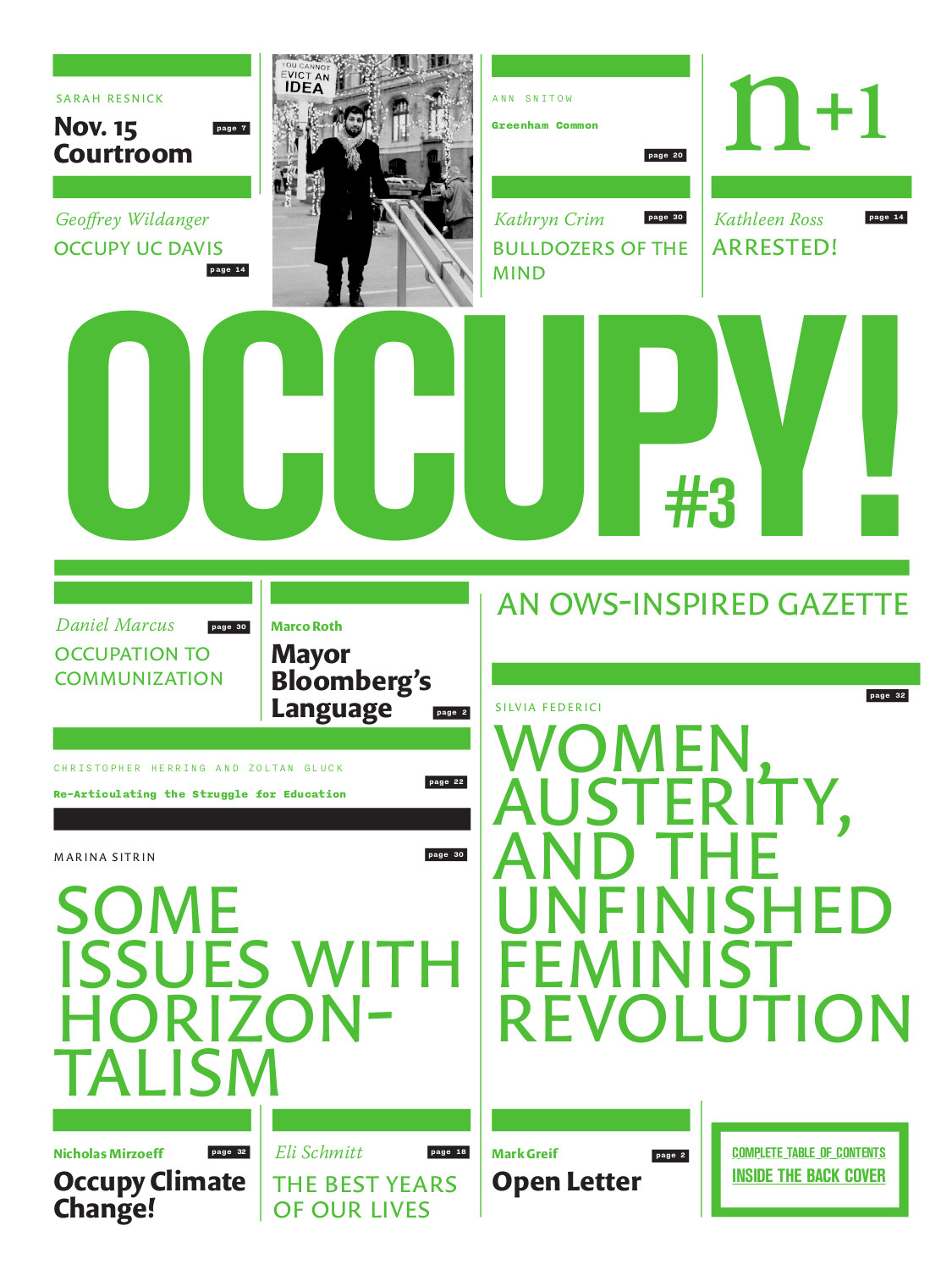Andrew Kliman: The Failure of Capitalist Production: Underlying Causes of the Great Recession (2011)
Filed under book | Tags: · capitalism, debt, economics, history, political economy, production

“The recent financial crisis and Great Recession have been analysed endlessly in the mainstream and academia, but this is the first book to conclude, on the basis of in-depth analyses of official US data, that Marx’s crisis theory can explain these events.
Marx believed that the rate of profit has a tendency to fall, leading to economic crises and recessions. Many economists, Marxists among them, have dismissed this theory out of hand, but Andrew Kliman’s careful data analysis shows that the rate of profit did indeed decline after the post-World War II boom and that free-market policies failed to reverse the decline. The fall in profitability led to sluggish investment and economic growth, mounting debt problems, desperate attempts of governments to fight these problems by piling up even more debt – and ultimately to the Great Recession.
Kliman’s conclusion is simple but shocking: short of socialist transformation, the only way to escape the ‘new normal’ of a stagnant, crisis-prone economy is to restore profitability through full-scale destruction of existing wealth, something not seen since the Depression of the 1930s.”
Publisher Pluto Press, 2011
ISBN 0745332390, 9780745332390
256 pages
Reviews: Matthew Wood (Marx & Philosophy, 2013), David J. Bailey (Political Studies Review, 2013), Michael Roberts (2011), Tibor Rutar (n.d.).
PDF, PDF (updated on 2020-1-30)
Comments (3)Deterritorial Support Group: Ten Growth Markets for Crisis: A Trend Forecast (2011)
Filed under pamphlet | Tags: · autonomy, community, debt, democracy, financial crisis, money, politics, utopia

“In a time of political flux, how do we escape a political discourse which is just a reaction to a series of attacks on our class? How do we place ourselves in a position which is not defensive, but launches a positive vision of social organisation? Where will the challenges and potentials of the coming months and years lie? In Britain mainstream political innovation slumps in the doldrums. Hamstrung by financial and political contingencies, Parliamentary politics offers little in the way of social critique and finds little resonance in the public. But in the field of radical politics? Whilst dissent flourishes, it lingers in the negative, unable to be converted into innovation, by doctrinal discipline or an inability to harness creative thought and speculative conversation. The field lies open for those who wish to write a new story. We have put together a few possibilities to spot these growth markets for crisis; a trend forecast for social struggle.
Let’s outline some key social trends, some growing ideological markets and some possible future scenarios as the class-war continues to warm up. These aren’t predictions, as such – they are attempts to open up our understanding of our current situation as ideologies come crashing down around us. We need to write new stories about how we got here, who we are, and how we’re going to cope with what is to come. Let’s turn tendencies into trends; turn trends into Tendencies.” (from introduction)
Published by Deterritorial Support Group, London, in December 2011
12 pages
article about DSG (Dan Hancox, Guardian)
PDF
View online (HTML)
Occupy! An OWS-Inspired Gazette, 2-3 (2011)
Filed under magazine | Tags: · activism, debt, economy, money, occupy movement, politics, protest


“Published on November 14, at the beginning of the national wave of evictions, the second Occupy Gazette! completes our history of the first phase of the movement. Articles document the Oakland raid and general strike, emergence of the spokes council, and last days of the Zuccotti Park occupation, and address questions related to homelessness, police relations, and nonviolence, and more.
Published on December 15, the third issue of the Occupy! Gazette is the latest in the series. It describes and re-imagines the movement after the end of the occupations as well as looks to the archives for models. Articles follow student activism from CUNY to Berkeley, cover the Oakland port shutdown, consider the legacies of ACT-UP, the Greenham Common occupation, and autonomia—and more.”
Edited by Astra Taylor, Eli Schmitt, Nikil Saval, Kathleen Ross, Sarah Resnick, Sarah Leonard, Mark Greif, Keith Gessen, and Carla Blumenkranz
Publisher n+1, New York, November and December 2011
2x 40 pages
Issue 2 (updated on 2017-12-2)
Issue 3 (updated on 2017-12-2)
See also Issue 1.
Comment (0)
